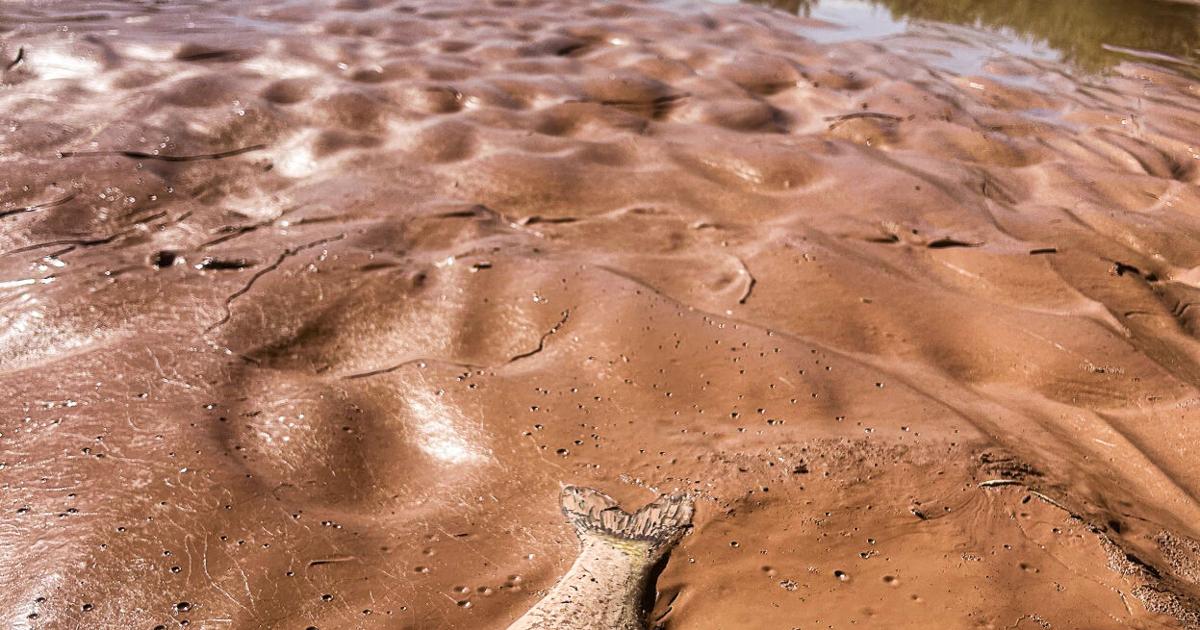Scorcher Alert: New Mexico Braces for Extreme Heat – Safety Tips from Health Experts

The current heatwave is expected to bring prolonged periods of excessive heat, with temperatures potentially exceeding 100°F (38°C) in many areas. This level of heat can be particularly dangerous for young children, older adults, individuals with chronic medical conditions, and those who work or exercise outdoors. Heat-related illnesses, such as heat exhaustion and heatstroke, can be life-threatening if not addressed promptly.
The Department of Health is providing the following crucial safety tips to help New Mexicans stay cool and protected:
- Stay Hydrated: Drink plenty of fluids throughout the day, even if you don't feel thirsty. Water is the best choice, but sports drinks can also help replenish electrolytes. Avoid sugary drinks and alcohol, which can dehydrate you.
- Seek Shade and Air Conditioning: Spend as much time as possible in air-conditioned environments. If you don’t have access to air conditioning at home, visit public places like libraries, shopping malls, or community centers.
- Limit Outdoor Activities: Avoid strenuous activities during the hottest part of the day (typically between 10 AM and 4 PM). If you must be outdoors, wear light-colored, loose-fitting clothing and a wide-brimmed hat.
- Check on Vulnerable Individuals: Reach out to elderly neighbours, friends, and relatives to ensure they are staying cool and safe.
- Never Leave Children or Pets in Cars: This is a critical reminder. Cars can heat up incredibly quickly, even on moderately warm days, and leaving a child or pet unattended in a vehicle can be fatal.
- Recognize the Signs of Heat-Related Illness: Be aware of the symptoms of heat exhaustion (heavy sweating, weakness, dizziness, headache, nausea) and heatstroke (high body temperature, confusion, seizures, loss of consciousness). If you suspect someone is suffering from a heat-related illness, seek immediate medical attention.
For more information and resources on staying safe during extreme heat, visit the New Mexico Department of Health website (https://nmhealth.org/) or contact your local health department. Stay informed about the latest weather forecasts and heed any warnings issued by local authorities.
Climate change is contributing to more frequent and intense heatwaves. It's important for New Mexicans to take proactive steps to prepare for future extreme heat events, including developing a heat safety plan and ensuring access to cooling resources. Protecting yourself and your community from the dangers of extreme heat is everyone's responsibility.






